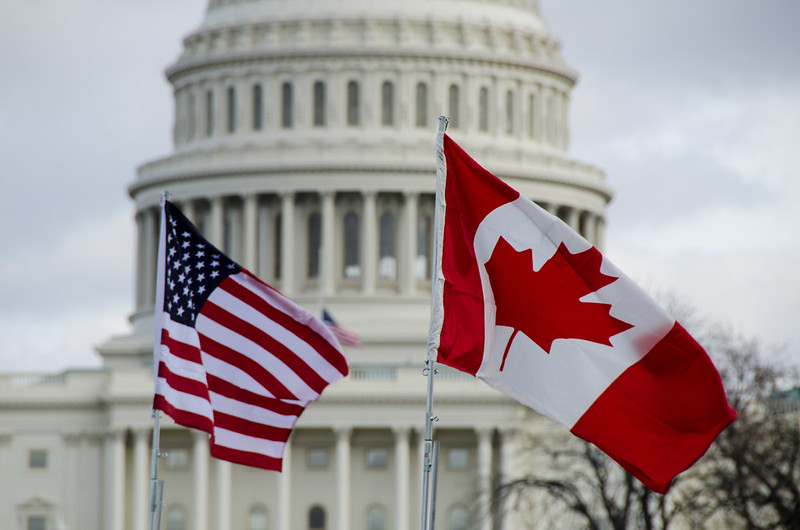Canada’s new digital services tax has ignited a major trade dispute with the United States, as President Donald Trump announced Friday he’s terminating all trade talks with Canada and threatening new tariffs within days.
“Based on this egregious Tax, we are hereby terminating ALL discussions on Trade with Canada, effective immediately,” Trump wrote on his Truth Social platform. He called the tax “a direct and blatant attack on our country” and said Canada is “a very difficult country to trade with.”
The Digital Services Tax Act (DSTA), which officially came into force on June 28, 2024, targets large tech companies that offer online services to Canadians. The tax imposes a 3% levy on revenue earned from Canadian users by companies with global revenue exceeding $820 million and Canadian revenue over $14.7 million.
What makes this tax particularly contentious is its retroactive application to January 2022. The first payments are due June 30, with US companies facing an estimated $2 billion in immediate tax bills.
The tax applies to various digital services including online marketplaces (like Amazon and Airbnb), social media platforms (like Facebook), digital advertising (Google), and companies that collect and sell user data.
Canada’s Parliamentary Budget Office estimates the tax will generate about $7.2 billion in revenue over five years. Finance Minister Francois-Philippe Champagne has maintained that the government is proceeding with the tax because it was passed by Parliament.
Similar Posts
“The Canadian government will continue to engage in these complex negotiations with the United States in the best interests of Canadian workers and businesses,” Prime Minister Mark Carney’s office said in response to Trump’s announcement.
Canadian officials argue the tax ensures digital giants pay their fair share in countries where they generate significant revenue without physical presence. They point to the slow progress of global tax reform efforts through the Organization for Economic Co-operation and Development (OECD) as justification for moving ahead unilaterally.
The tax primarily affects American tech companies like Amazon, Meta, Google, Apple, and Uber. The Computer and Communications Industry Association (CCIA), which represents these firms, claims US companies could pay up to $3 billion in taxes to Canada and warns of potential job losses.
“If Canada decides to move forward with this unprecedented, retroactive tax, it will set a terrible precedent that will have long-lasting impacts on global tax and trade practices,” wrote 21 US Congress members in a letter to Trump earlier this month.
Canadian business leaders have also expressed concerns. The Business Council of Canada warned that the DST could damage economic relations with Canada’s largest trading partner and urged the government to propose eliminating the tax to get trade negotiations back on track. Doug Ford, premier of Ontario, has called for a “pause” in the implementation of the tax, saying, “For our American partners, this is nothing but an unfair tax that’s putting millions of Canadian jobs at risk.”
“We have all the cards. We have every single one,” Trump said at the Oval Office after his announcement. “We hold such power over Canada [economically]. We’d rather not use it. It’s not going to work out well for Canada. They were foolish to do it.”
The stakes are high for both countries. The US is Canada’s largest trading partner, with bilateral trade exceeding $762 billion in 2024. Canada exports about 80% of its goods to the US.
Trump has threatened to impose new tariffs on Canadian goods within seven days and ordered a Section 301 investigation to assess the tax’s effect on US commerce, which could lead to further punitive measures.
This development comes at a critical time, as Trump and Carney had set a July 21, 2025 deadline to reach a deal on a new trade agreement during the mid-June G7 summit in Alberta. That timeline now appears to be in serious jeopardy.
Several other countries have similar digital services taxes, including France, the UK, Spain, Italy, and India. The US has consistently opposed these taxes and pushed for a global solution through the OECD.



















